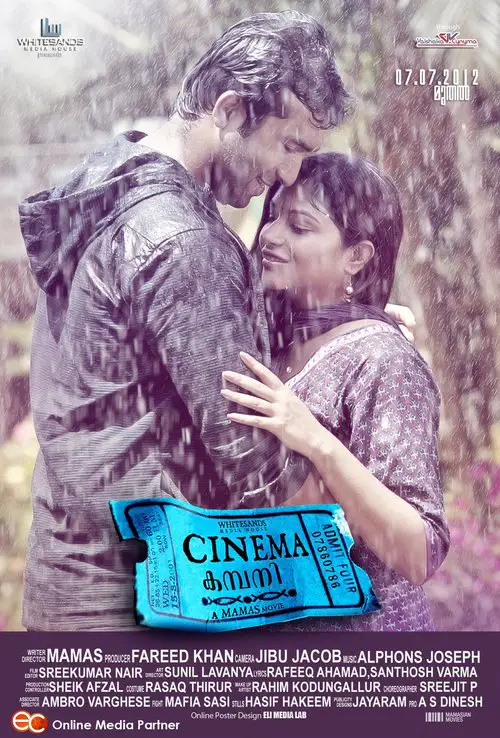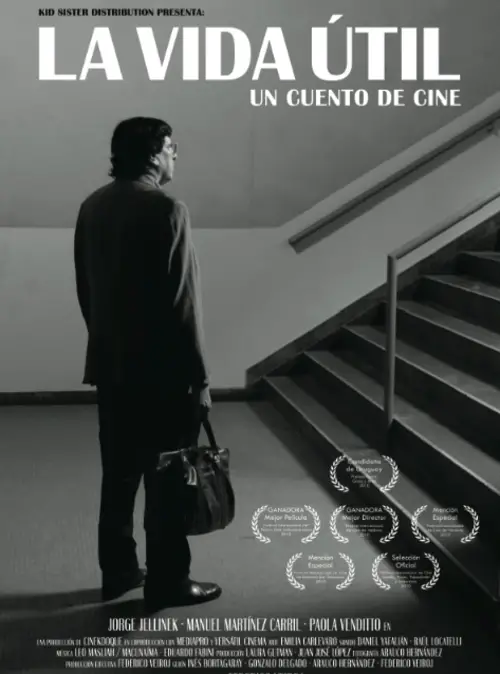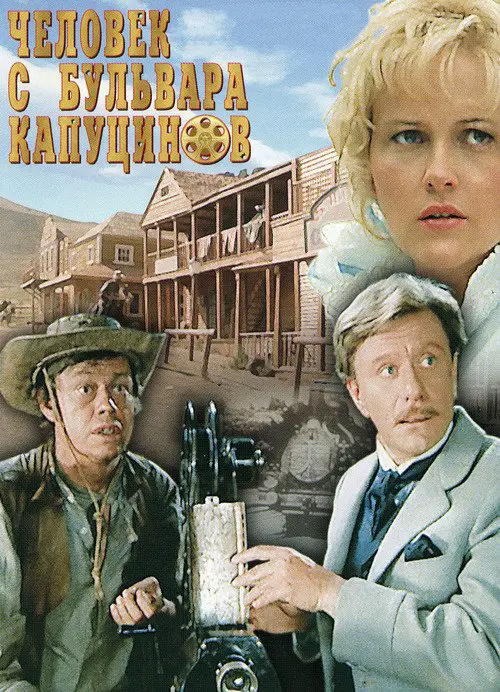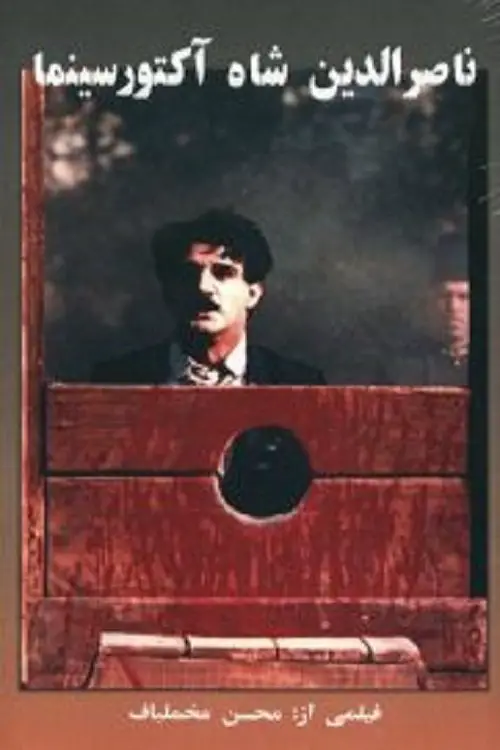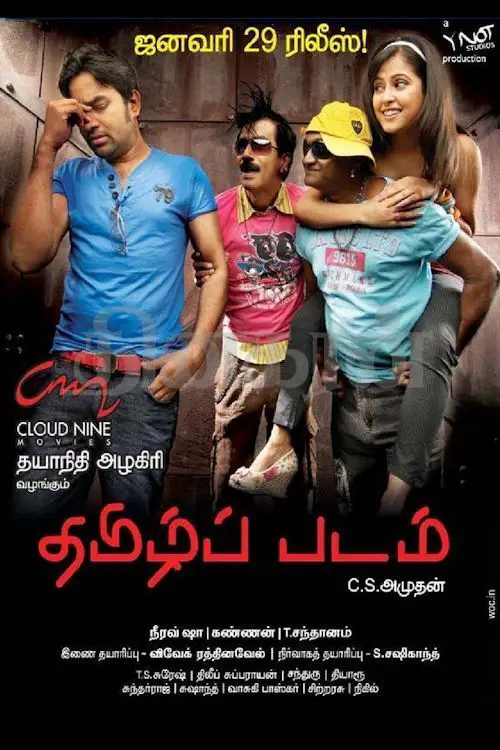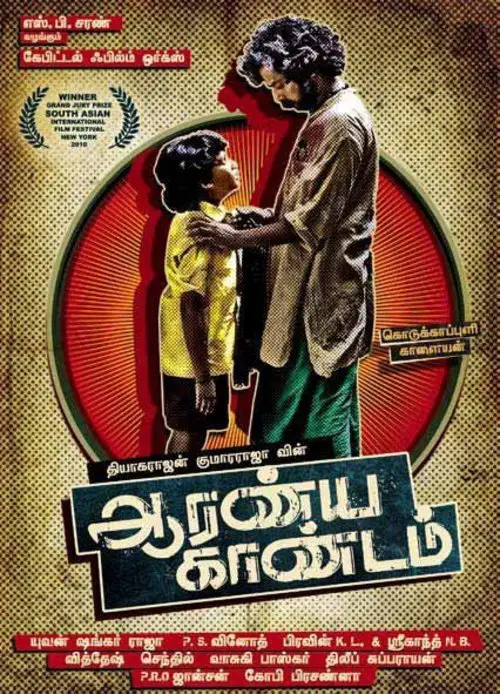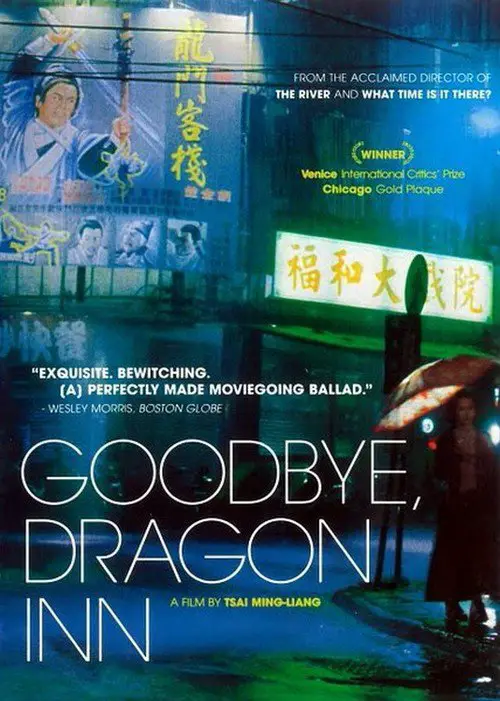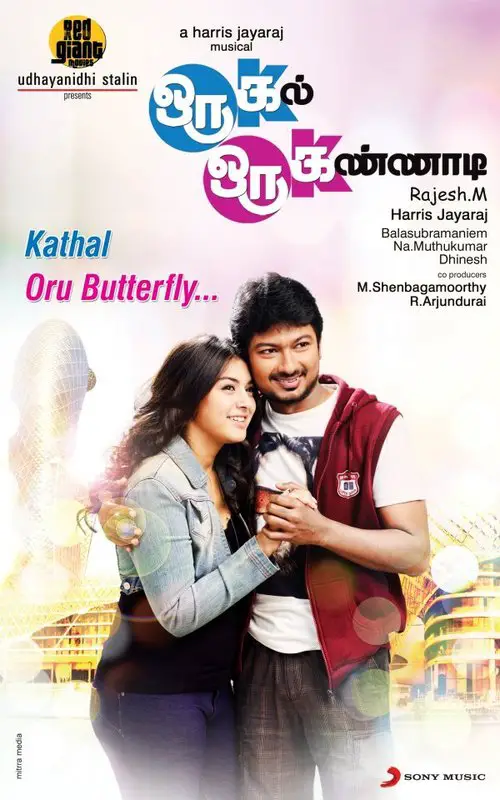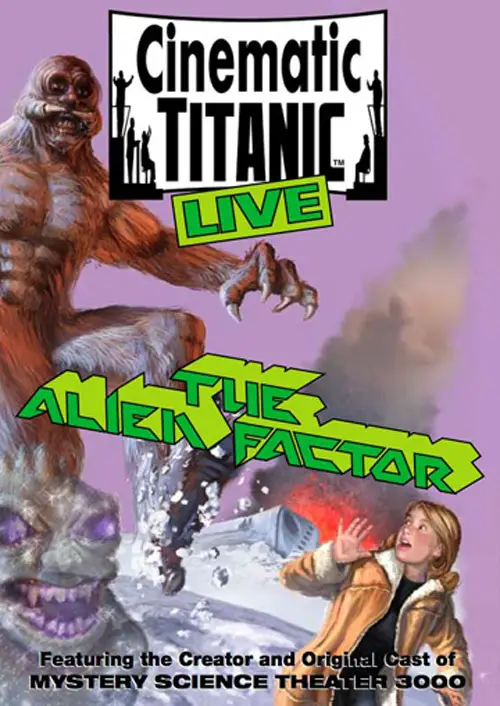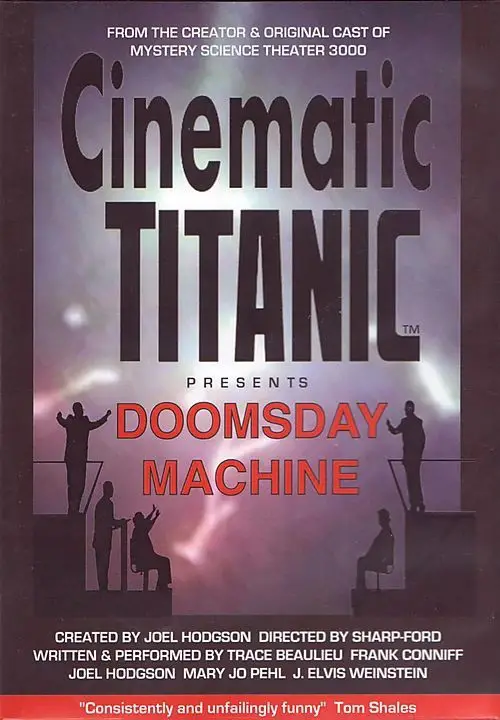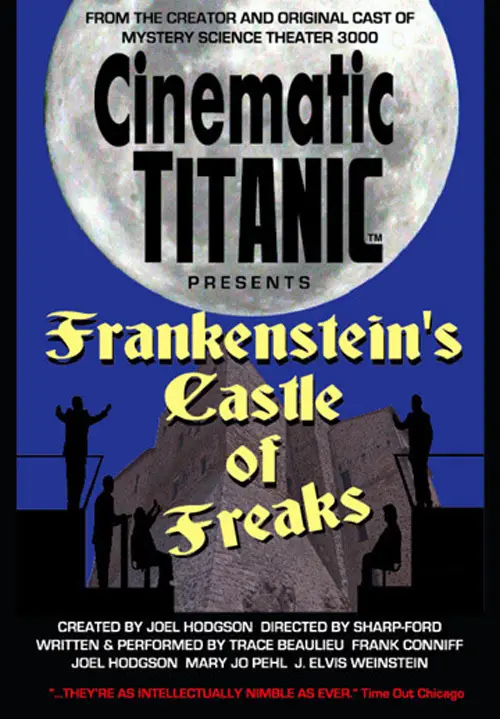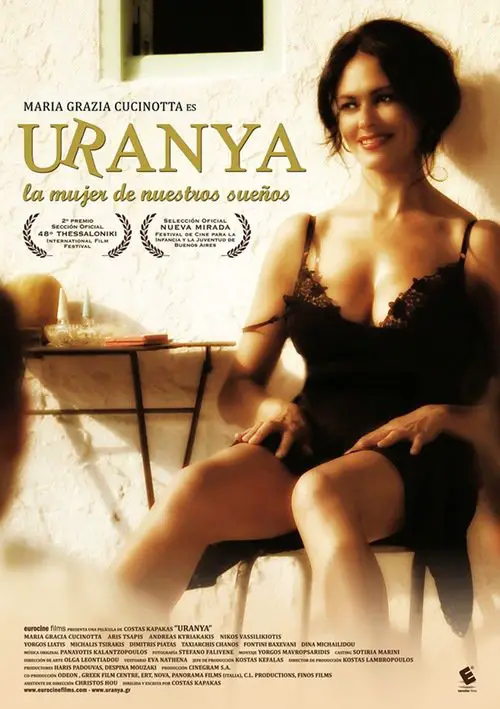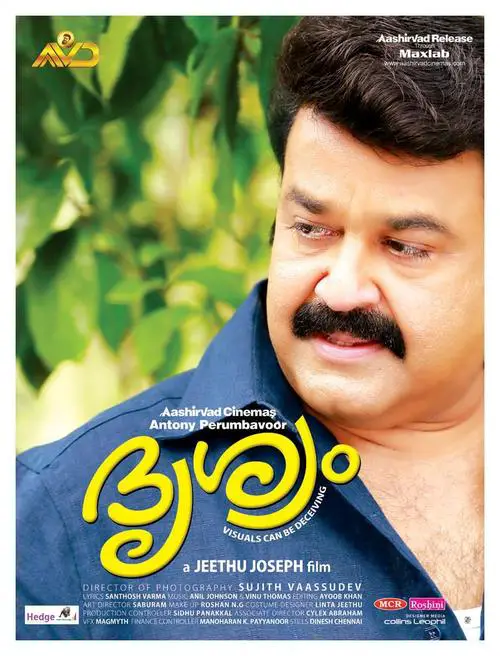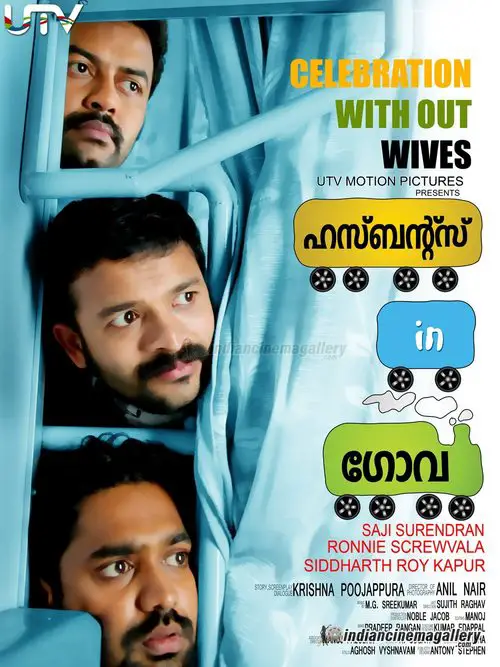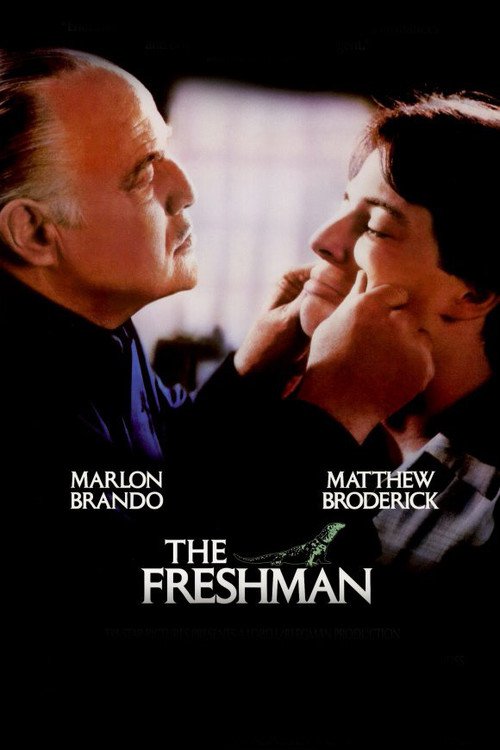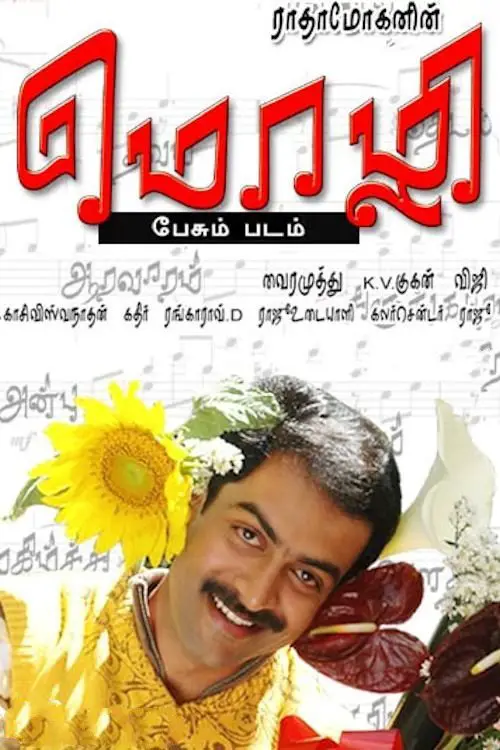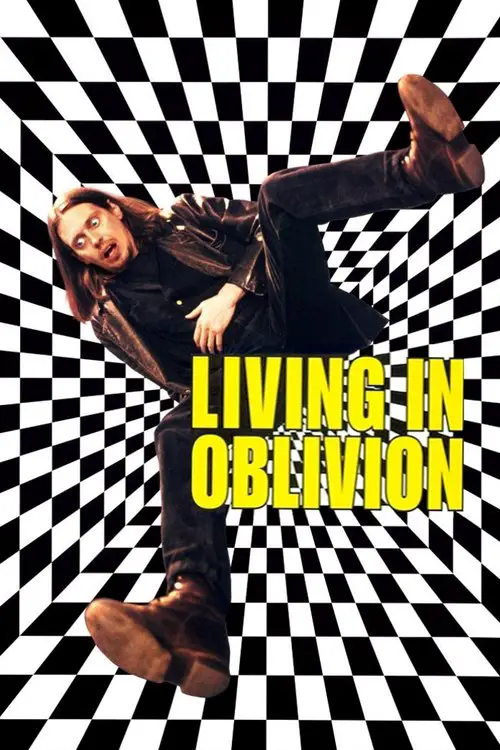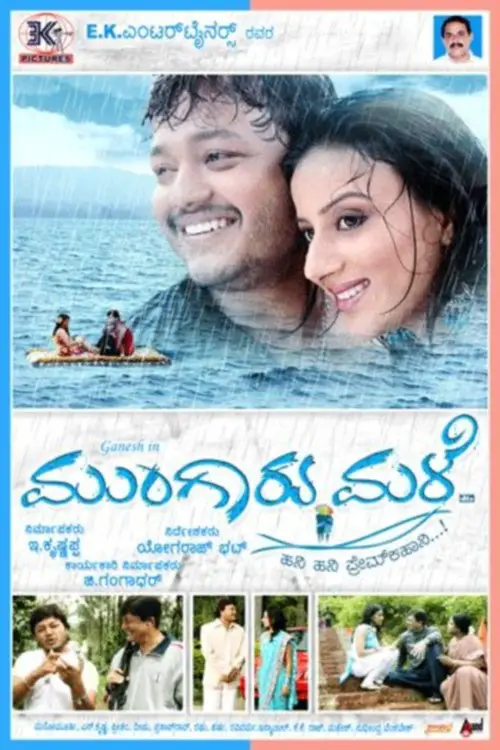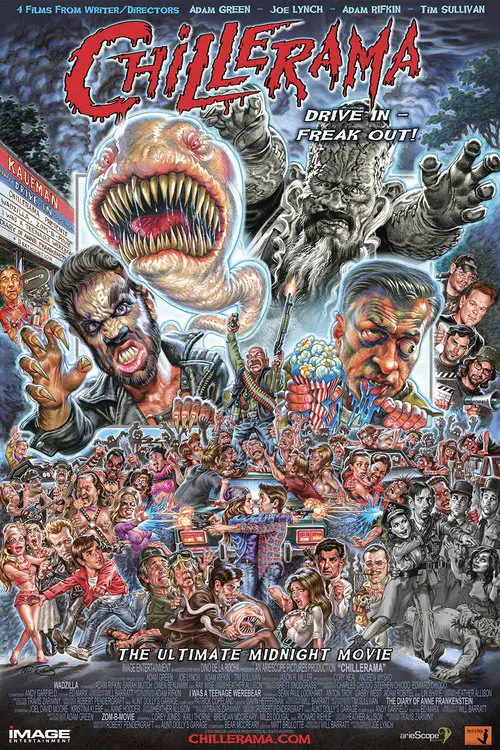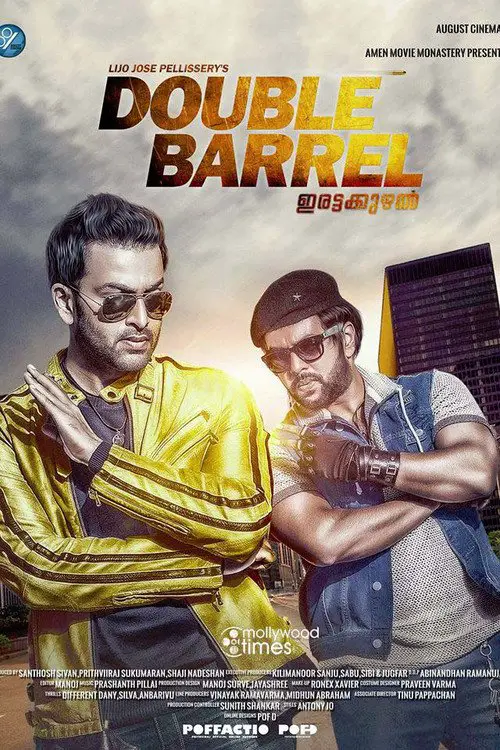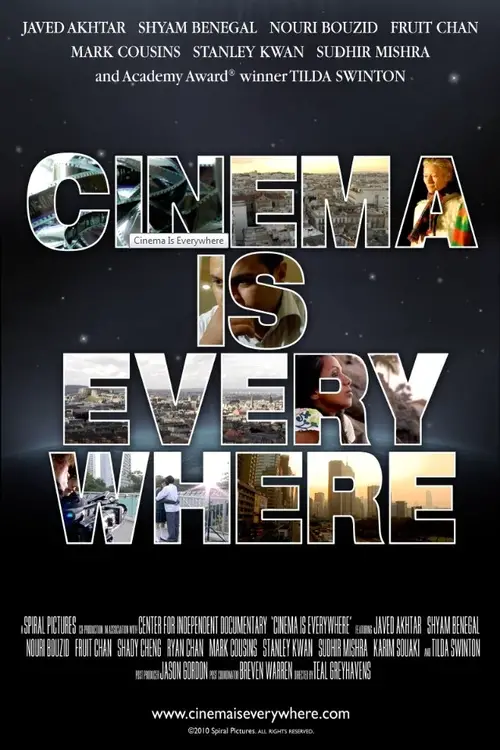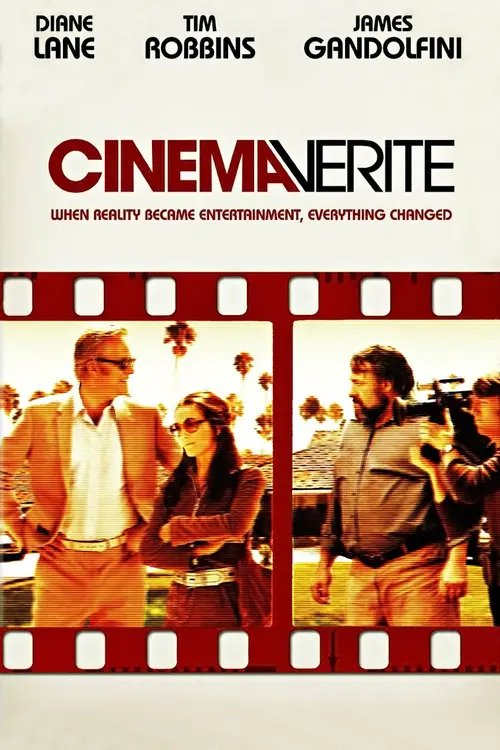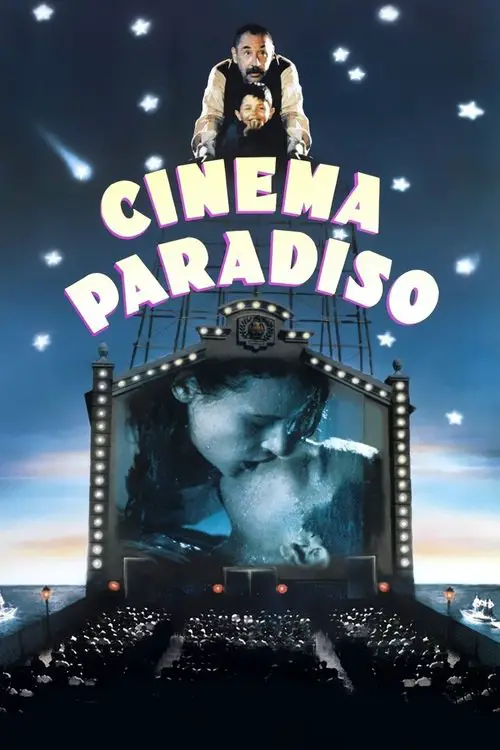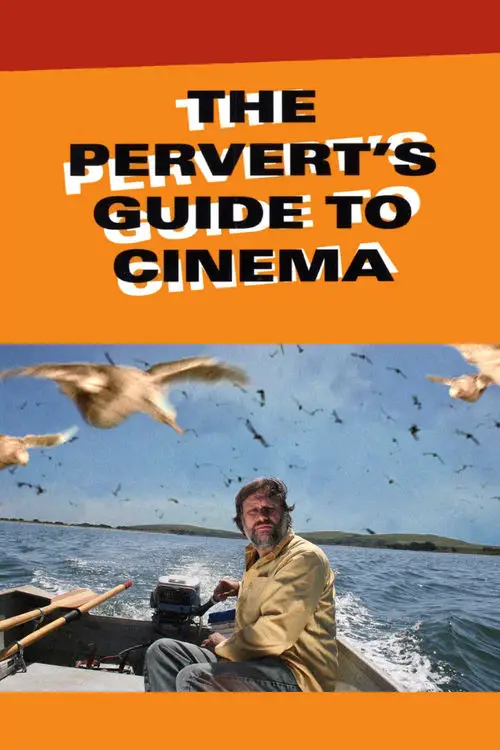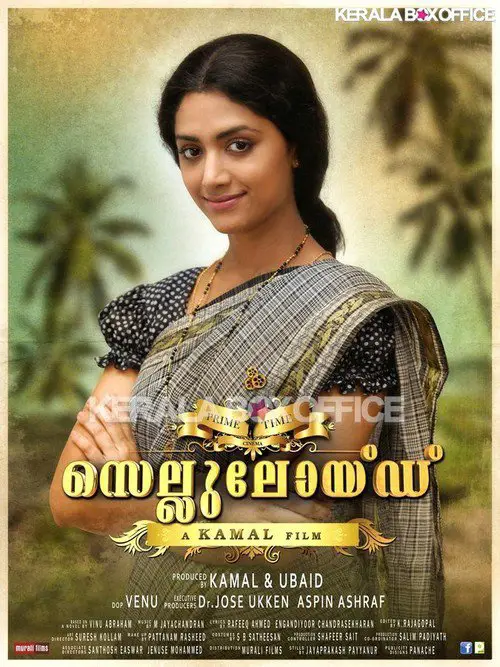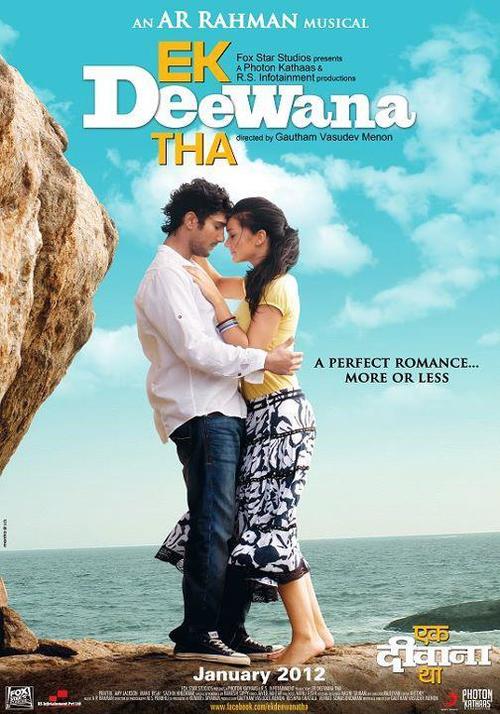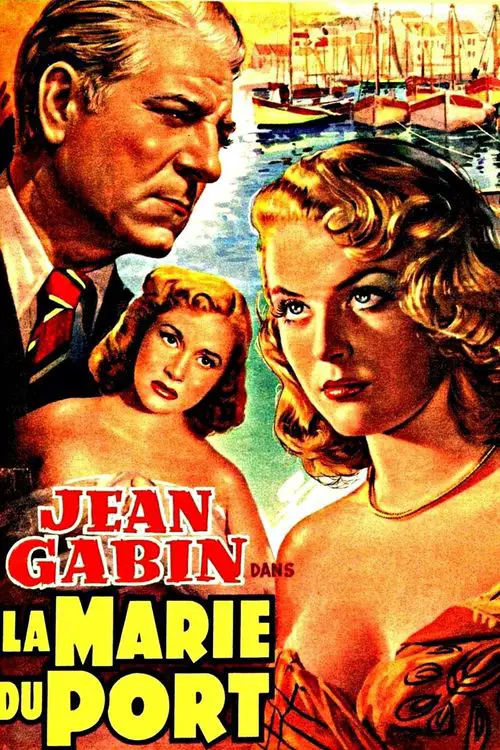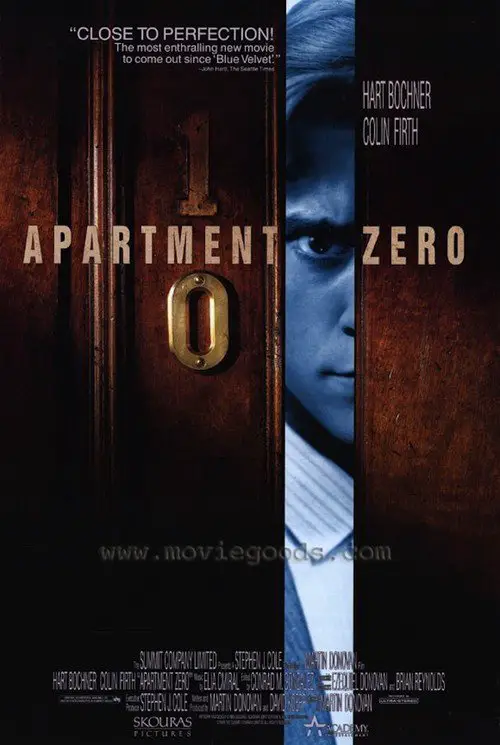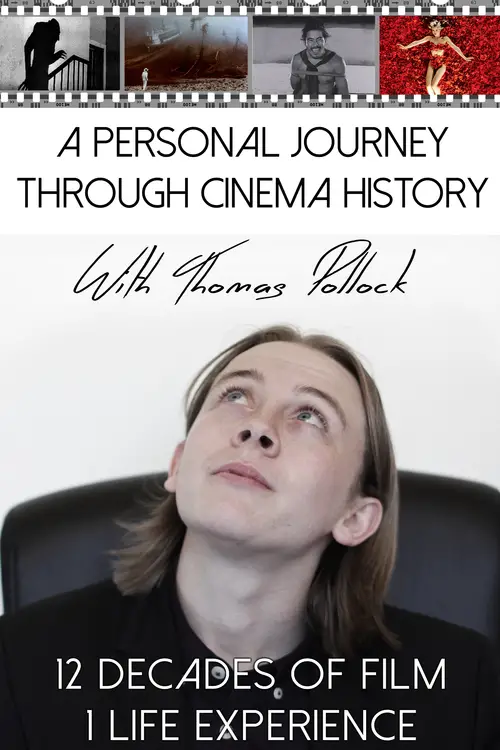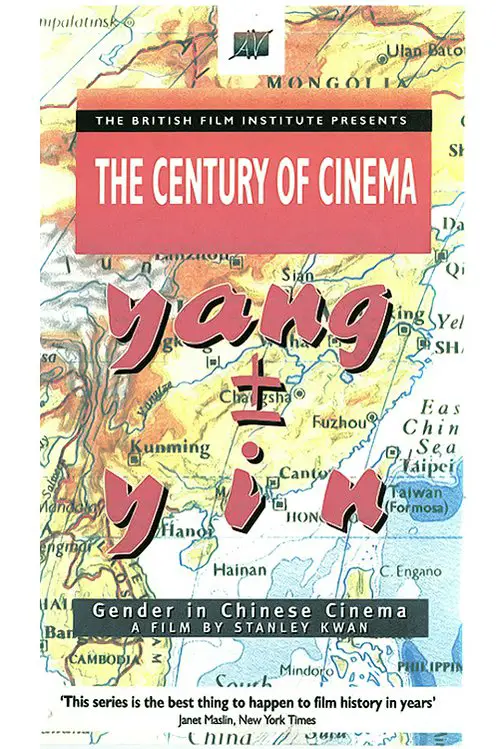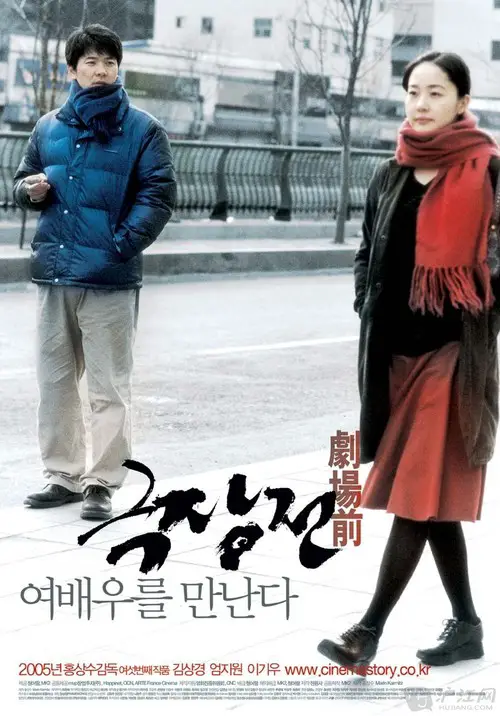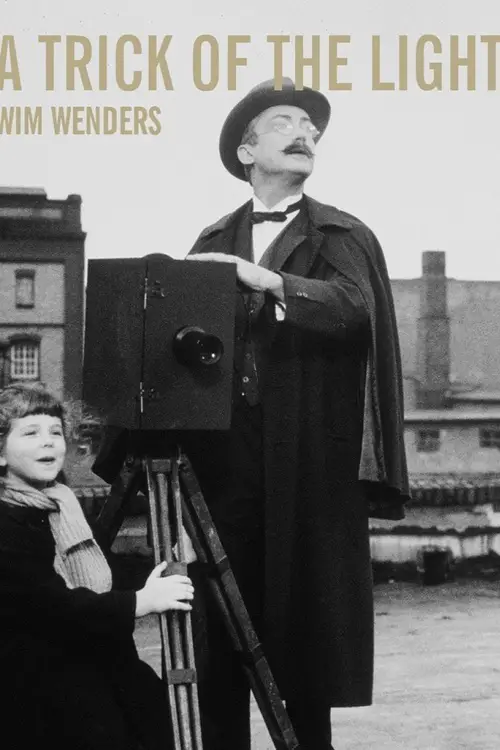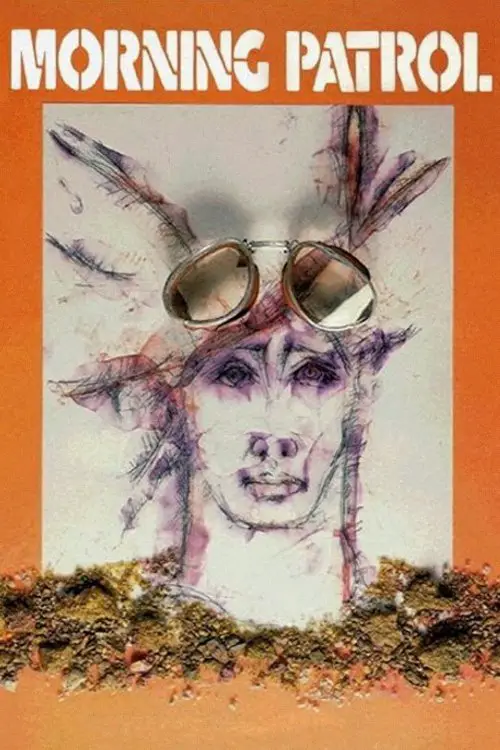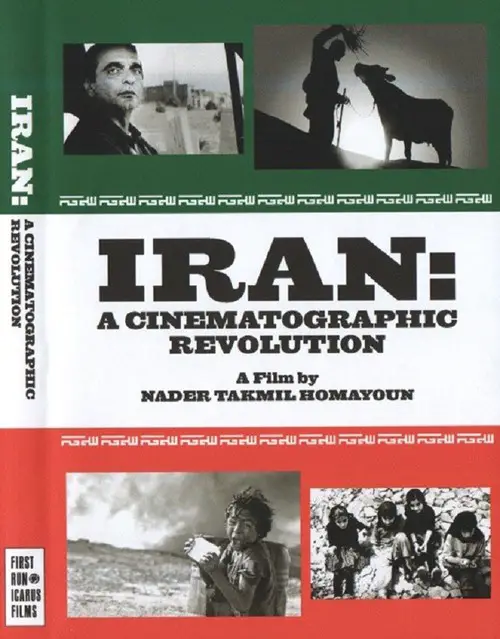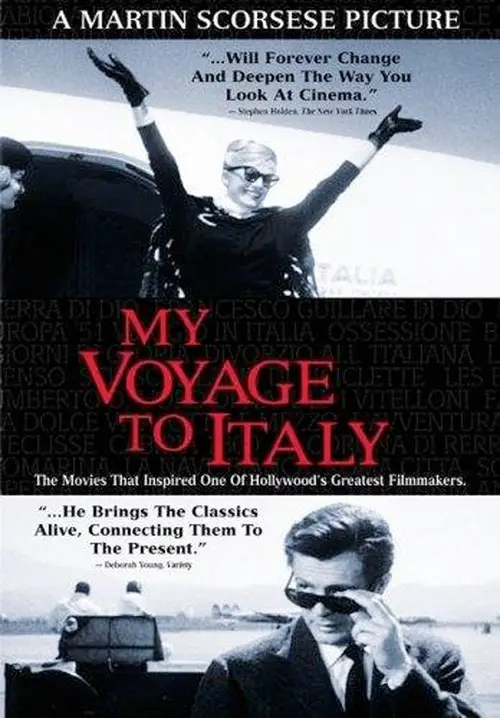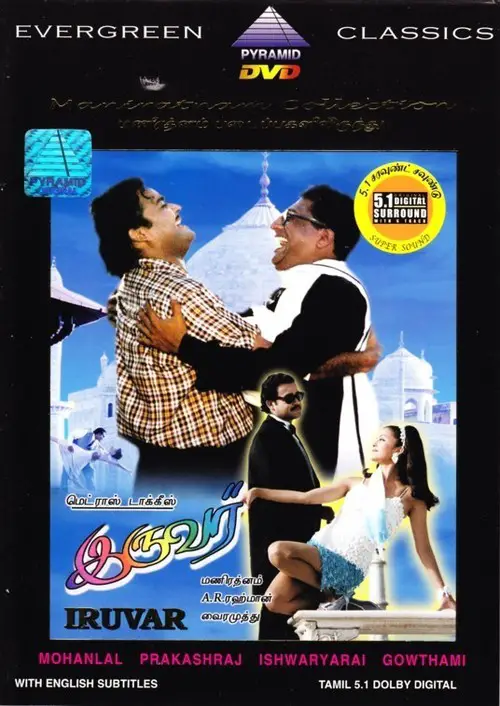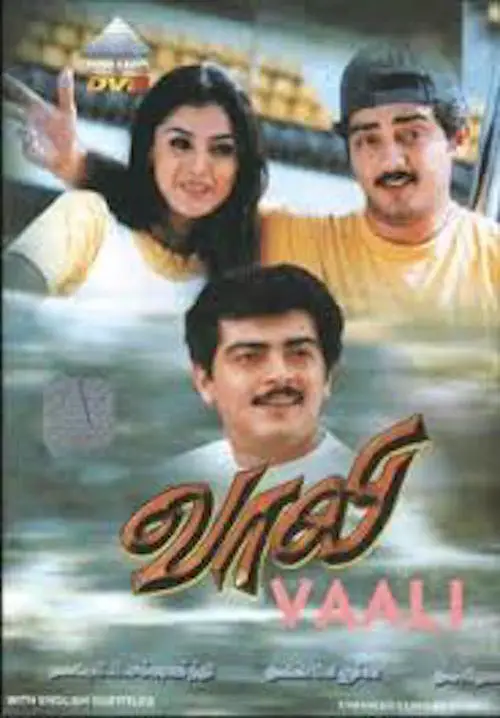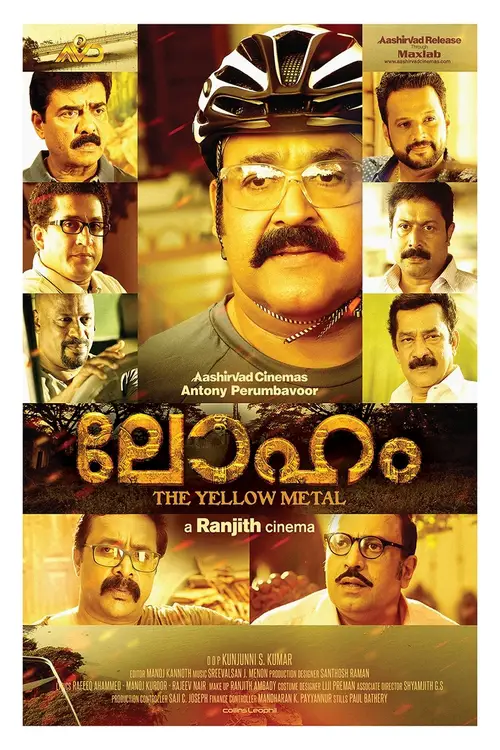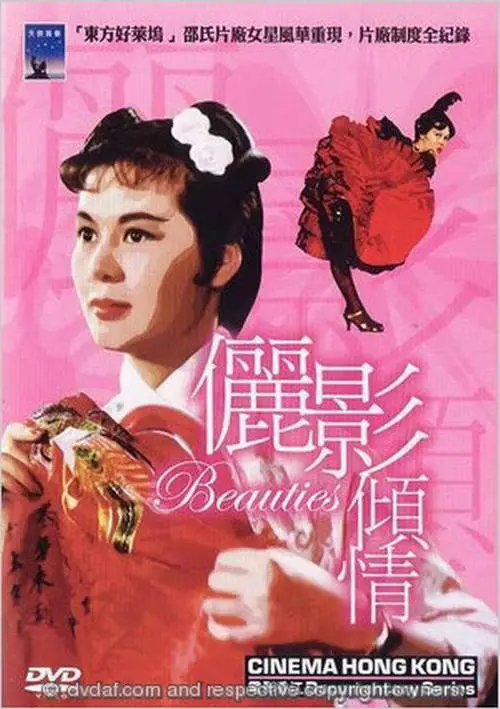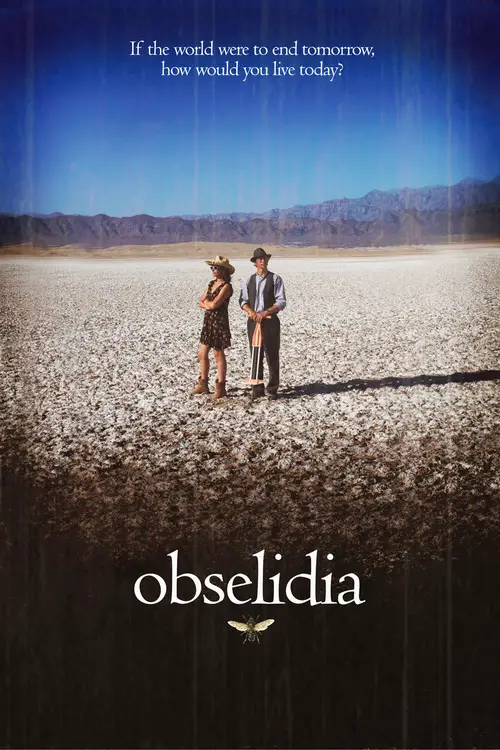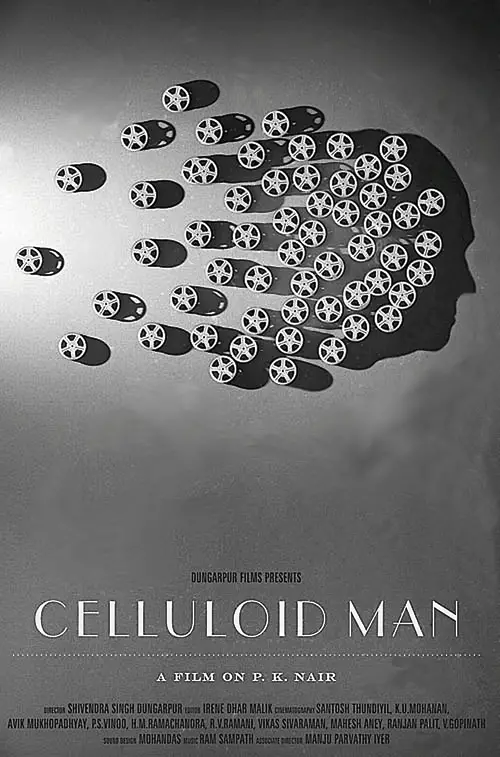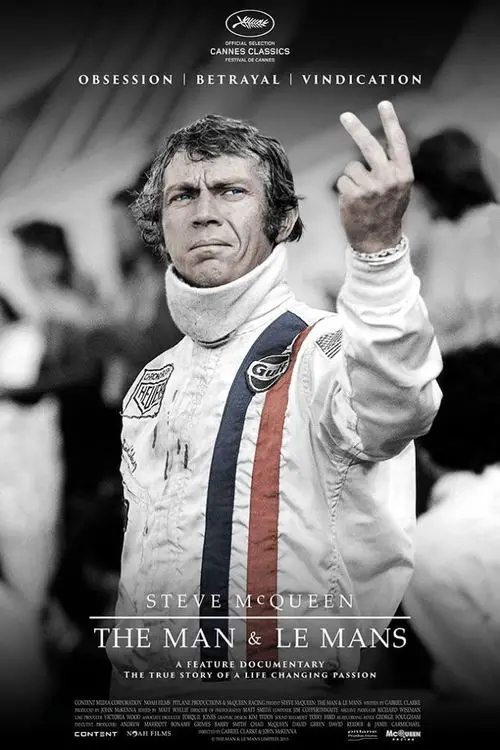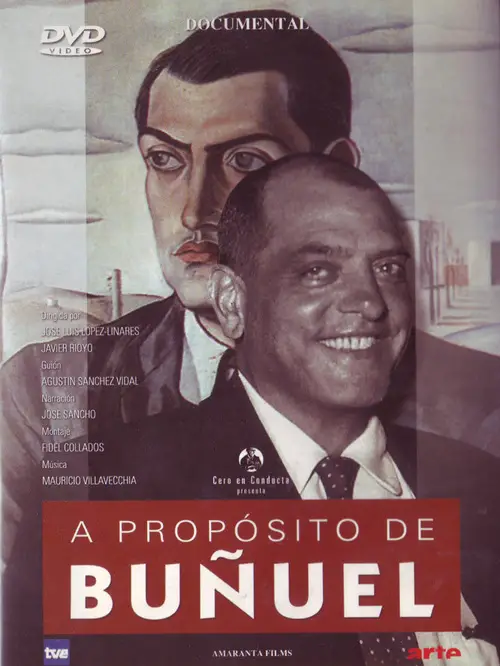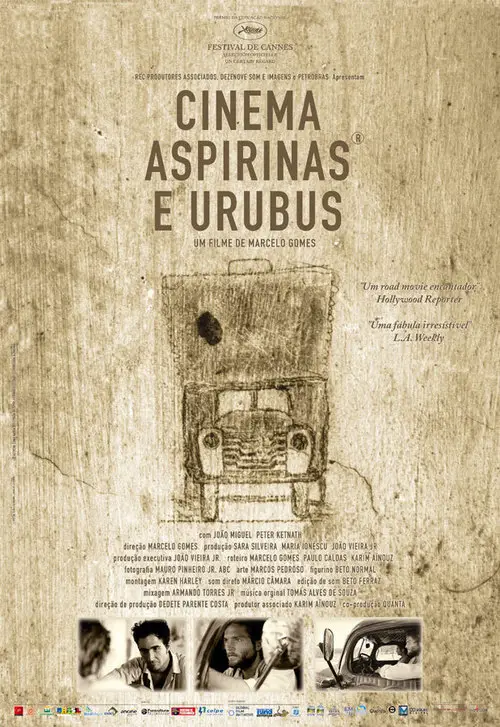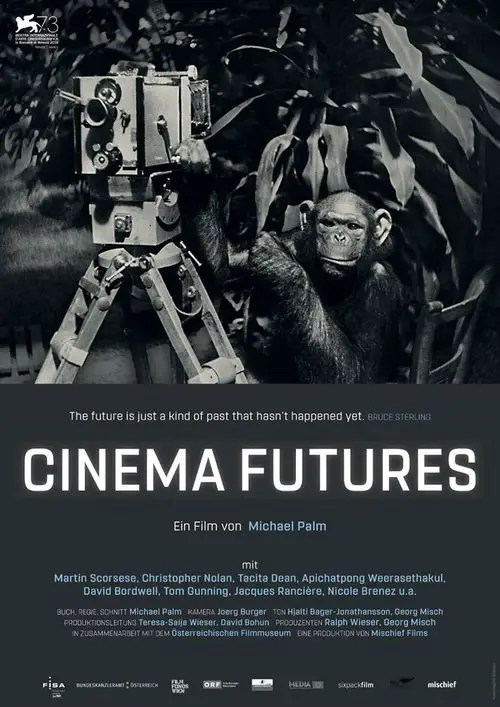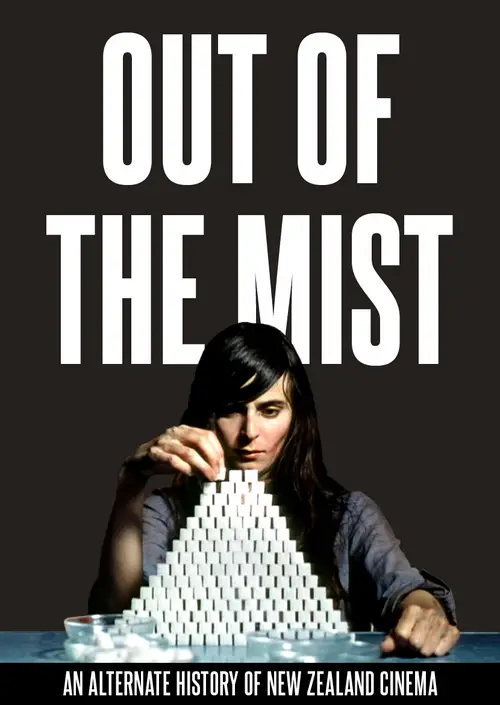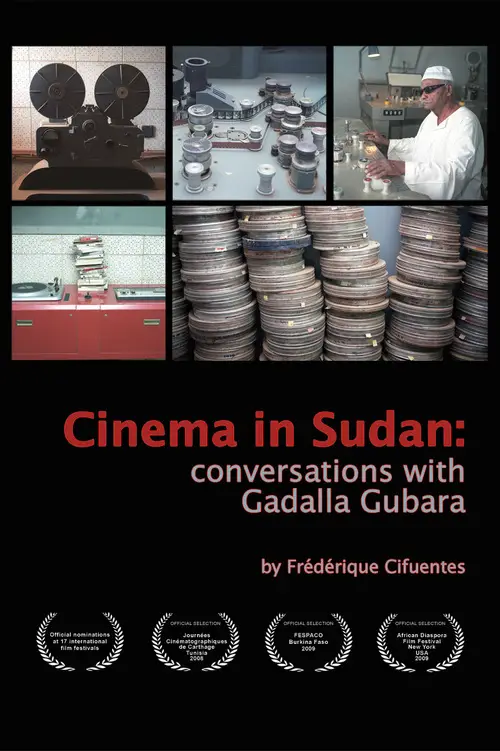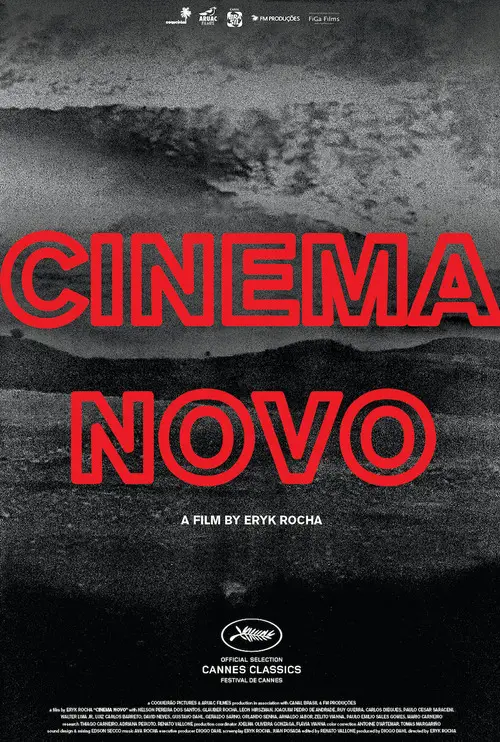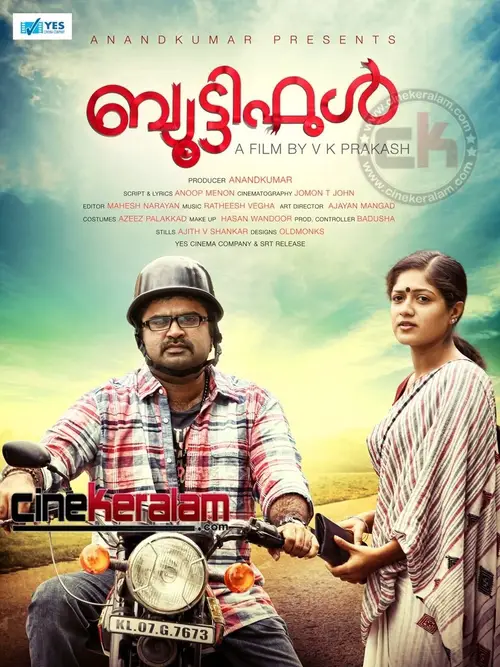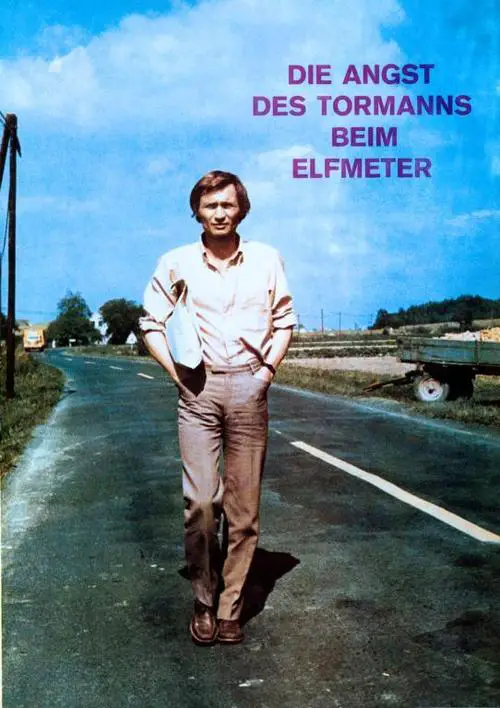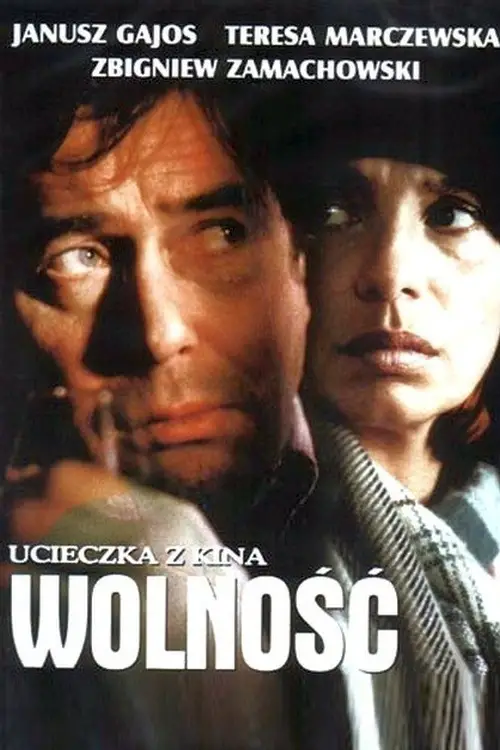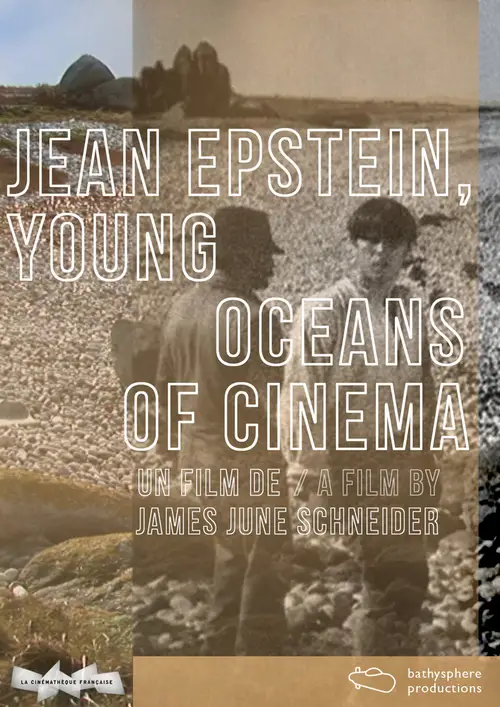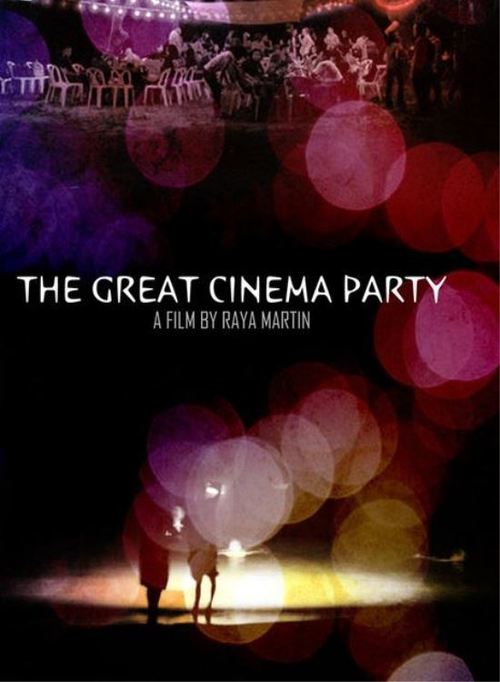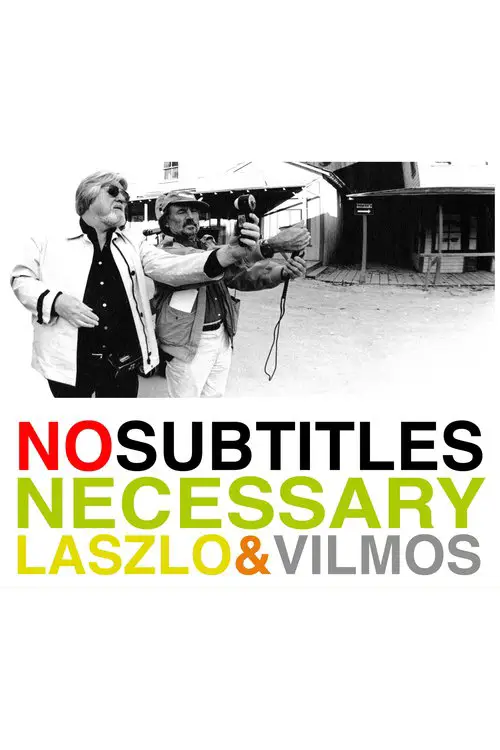The Crime of Cacaro Gumaro (2014)

Similar movies
Cinema Company is a 2012 Malayalam romantic comedy drama film written and directed by Mamas and starring mainly newcomers. Basil, Sanjeev, Shruthi and Badri play the roles of four intimate friends who dream to make a film. Plot
The film traces the journey of four friends as they strive to give life to their dream cinema. And how their lives are upturned as the cinema becomes their life.
As Australian cinema broke through to international audiences in the 1970s through respected art house films like Peter Weir's "Picnic At Hanging Rock," a new underground of low-budget exploitation filmmakers were turning out considerably less highbrow fare. Documentary filmmaker Mark Hartley explores this unbridled era of sex and violence, complete with clips from some of the scene's most outrageous flicks and interviews with the renegade filmmakers themselves.
This film was made in Iran. The protagonist looks almost like Charlie Chaplain. He is given a chance to make films for the emperor. There are many scenes of people running on and off of movie screens, and in and out of old kinetiscope projectors. Some people might find this erratic, and tedious, but it helps project an idea of fantasy, or forgetting about ones problems, becoming engrossed in a film.
Thamizh Padam is a 2010 Indian Tamil language spoof film written and directed by debutant C. S. Amudhan. The film stars Shiva and Disha Pandey in the lead roles. The film's plot parodies contemporary commercial films in Tamil cinema, mocking the stereotypical scenes.[3][4]. The film was distributed by Dhayanidhi Alagiri's Cloud Nine Movies, and it was released on 29 January 2010 and won critical acclaim and commercial success at the box office.
Aaranya Kaandam (Tamil: à®à®°à®£à¯à®¯ à®à®¾à®£à¯à®à®®à¯; English: Jungle chapter; English title: Anima and Persona) is a 2011 Indian Tamil action film, written and directed by newcomer Thiagarajan Kumararaja. It is supposedly the first neo-noir film in Tamil cinema. The story takes place in a day in the lives of the six protagonists, played by Jackie Shroff, Ravi Krishna, Sampath Raj and newcomers [Yasmin Ponnappa], Somasundaram and Master Vasanth. Produced by S. P. B. Charan's Capital Film Works, the film features musical score by Yuvan Shankar Raja and cinematography by P. S. Vinod and editing handled by the duo Praveen K. L. and N. B. Srikanth.
Goodbye, Dragon Inn is set in the approximately ninety minutes of the last feature at an old Taipei cinema that is closing down, showing King Hu's 1967 sword-fighting classic Dragon Inn. Only a few people are present in the cinema, and a variety of subplots are developed around them. Throughout the film, the ticket woman tries to find the projectionist, searching for him in order to present him with a steamed bun. A young Japanese tourist wanders around the cinema in search of a homosexual encounter. An older man tells him that the cinema is haunted. An old man, who was one of the actors who appeared in the original Dragon Inn, watches the film with tears in his eyes. Outside the theater, he encounters an older man who had been watching the film with his grandson; this man also starred in the original film. The film is shot with almost no camera movement, most shots lasting well over thirty seconds. There are only about a dozen of lines of dialogue.
Oru Kal Oru Kannadi is an upcoming Indian Tamil-language comedy film written and directed by M. Rajesh. It stars producer Udhayanidhi Stalin, in his acting debut, Hansika Motwani and Santhanam in the lead roles, whilst featuring Harris Jayaraj's music and K.Balasubramaniam's cinematography. The film, named after Yuvan Shankar Raja's hit song from Rajesh's debut film Siva Manasula Sakthi (2009), Still some of the Scenes are filming. It is currently in production stage and planned for release by the end of 2011.
Warning: Baltimore is no longer safe. Meet Leemoid, Zagatile and Interbyce. They're the three aliens whose spaceship has crashed in a small town outside of Baltimore. Soon the town folk are turning up mutilated and dead - and even in polyester pants. Then a stranger arrives to save the day. But is he who he says he is? And what about all the polyester pants? See this film they way it was meant to be seen - on the big screen live with Cinematic Titanic.
American spies discover the Chinese have built a weapon capable of destroying planet Earth, a "doomsday machine" if you will, and that they plan to use it within a matter of days. Immediately, Project Astra, a manned U.S. space mission to Venus, is taken over by the military and half of its all-male crew is replaced by women just hours before launch. The reason for this becomes apparent when, shortly after Astra leaves Earth's orbit, said planet is completely destroyed (in a cataclysm of stock footage). Will the crew of the Astra make it safely to Venus? Will the human race survive? Will you wish it didn't once you've seen this movie? Not when you watch with Cinematic Titanic! The riff light is on as they go head-to-head with this 1972 non-classic.
Things get a bit randy in this version of Mary Shelley's immortal classic about... immortality. Just as our resident mad scientist is about to bring his creature back to life, he is forced to use a sub-standard brain. The Cinematic Titanic crew offer more hilarious commentary as they set their sights on a Frankenstein's castle chock full of angry villagers, grave robbers, and skinny dippers.
Summer 1969. Dictatorship. In a small country town, young Achileas breaks his leg by falling off the yard wall of the local cinema. He wanted to see Brigit Bardot naked... However, during his visit to the city to treat his broken leg, for the first time in his life he sees a television! The program informs about the launching of Apollo to the moon. The idea of the launching becomes Achileas' obsession and along with his friends they collect money, in order to purchase a TV set. However, soon, the dilemma becomes imperative. Will they buy a television or "visit" all together Uranya in order to be taught the secrets of love?
Husbands in Goa is a 2012 Malayalam-language comedy film directed by Saji Surendran and written by Krishna Poojapura, starring Jayasurya, Indrajith, Lal, Asif Ali, Rima Kallingal, Bhama, Remya Nambeesan and Praveena. The film follows the journey of three young men, who flee from their wives, for a vacation to the international tourist-destination Goa. During the trip, they become friends with an immature youthful older man, who is on the verge of a divorce. The film explores their time in Goa, the people they meet and a turn of events occur when they encounter their wives.[2] The film is the second production of UTV Motion Pictures in Malayalam cinema. It features music composed by M. G. Sreekumar, whilst cinematography is handled by Anil Nair and is edited by Manoj. Husbands in Goa debuted at the Kerala box office with a gross of 3.07 crores Rs its opening weekend
Clark Kellogg is a young man starting his first year at film school in New York City. After a small time crook steals all his belongings, Clark meets Carmine "Jimmy the Toucan" Sabatini, an "importer" bearing a startling resemblance to a certain cinematic godfather. When Sabatini makes Clark an offer he can't refuse, he finds himself caught up in a caper involving endangered species and fine dining.
Karthik (Prithviraj) and Viji (Prakash Raj) are close buds, who are keyboard players in music director Vidyasagarâs team. They are brilliant in their work of re-recording and background scores. They are fun-loving, witty and share a great rapport. They come to live in an apartment complex where they meet a handful of interesting people. Their neighbour and flat secretary, Ananthakrishnan (Brahmanandam) is not too happy about Karthik occupying the flat and asks him to vacate as bachelors are not allowed to live there. Preethi (Neelima Rani), a girl from one of those apartments, is head over heels in love with Karthik.
Mungaru Male (Kannada: ) (literal translation - Monsoon Rain, Southwest Monsoon in terms of Meteorology) is a Kannada language movie directed by Yograj Bhat featuring Ganesh, Sanjana Gandhi, and Anant Nag in leading roles. The movie is arguably one of the biggest hits in South Indian cinema with box office earnings crossing Rs 50 Crores at the end of 300 days after its release. The movie set a national record as the first Indian language movie to run for 1 year at PVR Cinemas nationwide.
It's the closing night at the last drive-in theater in America and Cecil B. Kaufman has planned the ultimate marathon of lost film prints to unleash upon his faithful cinephile patrons. Four films so rare that they have never been exhibited publicly on American soil until this very night! With titles like Wadzilla, Deathecation, The Diary of Anne Frankenstein, and Zom-B-Movie, Chillerama not only celebrates the golden age of drive-in B horror shlock but also spans over four decades of cinema with something for every bad taste.
Malayalam comedy thriller film written and directed by Lijo Jose Pellissery. The film is jointly produced by Prithviraj, Santhosh Sivan, Arya and Shaji Nadesan under August Cinema and Lijo Jose Pellissery under Amen Movie Monastery. According to the director, the film is a light-hearted comedy entertainer that sets in the backdrop of Goa.
A documentary feature film that ties four narratives - from China, India, Scotland, and Tunisia - together with countless insights from venerable filmmakers and ordinary moviegoers. An aspiring actress in Mumbai battles to break into Bollywood; two friends in Scotland take a mobile film festival across the highlands; a young crew in Hong Kong embarks on the shooting of its first film; a Tunisian director anxiously anticipates the premiere of his controversial film at a major festival. These stories are woven together with scenes from video stores, projection booths, studios, cinemas, and slums into a vivid meditation on the power of cinema to shape our world.
In 1973, the Loud family became a television sensation of a new kind. It was long before a metal rock star showed his eccentric family on the small screen and decades before housewives had screaming matches with each other on camera in public. CINEMA VERITE tells the behind-the-scenes story of the groundbreaking documentary "An American Family," which chronicled the lives of the Louds in the early 1970s and catapulted the Santa Barbara family to notoriety while creating a new television genre: the reality TV series.
THE PERVERT'S GUIDE TO CINEMA takes the viewer on an exhilarating ride through some of the greatest movies ever made. Serving as presenter and guide is the charismatic Slavoj Žižek, the Slovenian philosopher and psychoanalyst. With his engaging and passionate approach to thinking, Žižek delves into the hidden language of cinema, uncovering what movies can tell us about ourselves.
Since the invention of cinema, the standard format for recording moving images has been film. Over the past two decades, a new form of digital filmmaking has emerged, creating a groundbreaking evolution in the medium. Keanu Reeves explores the development of cinema and the impact of digital filmmaking via in-depth interviews with Hollywood masters, such as James Cameron, David Fincher, David Lynch, Christopher Nolan, Martin Scorsese, George Lucas, Steven Soderbergh, and many more.
A biopic based on the life story of J.C. Daniel, the pioneer of Malayalam cinema. It is a detailed account on Daniel's life, making of his film Vigathakumaran and the tragic story of Vigathakumaran's heroine P. K. Rosie. The film is particularly based on the novel Nashta Naayika by Vinu Abraham (which details the story of Rosie) and the biography of J. C. Daniel by Chelangatt Gopalakrishnan.
Sachin is an engineering graduate from a middle class Mumbai family, but his passion is for the world of cinema. He is dreaming and planning for a future as a director, when he sees Jessie. It is love at first sight for Sachin. However, Jessie is from a strict Malayali Christian family, and her parents would never approve of their romance. The other problem is Jessie insists that she doesn't want a romantic relationship, but wants only to be friends. Of all the girls in the world why did Sachin have to fall for Jessie?
This highly personal film essay demonstrates that Chinese cinema has dealt with questions of gender and sexuality more frankly and provocatively than any other national cinema. Yang ± Yin examines male bonding and phallic imagery in the swordplay and kung fu movies of the '60s and '70s; homosexuality; same-sex bonding and physical intimacy; the continuing emphasis on women's grievances in melodramas; and the phenomenon of Yam Kim-Fai, a Hong Kong actress who spent her life portraying men on and off the screen.
In Seoul, the paths of two men and one woman intersect and move apart from one another, centering around their love for cinema. A suicidal student meets a young woman who decides to follow him in his fatal gesture. Coming out of a cinema, Tongsu, an unsuccessful filmmaker, spots a beautiful young woman, and recognizes her : she is the main actress in the film he has just seen. The life of this wavering and distressed young man strangely echoes the one of the young man from the beginning...
A woman is walking alone through an abandoned city. She approaches the forbidden zone and tries to pass through. Everywhere the Morning Patrol and deceptive traps are watching. The city itself is alive but uncontrolled. Computer voices warn non-existing inhabitants to leave the city. The communication system works... cinemas show films... classic faces of a past era flash across TV screens. She is confronted by one of the few survivors guarding the city. They will come close to each other ; they will try to recall the past. Together they unravel their tangled memory - threads of this catastrophe and decide to penetrate the zone together ; They are linked by the bonds of violence and death since no other behaviour is possible in this kind of world. Is there an end? Is there hope and any future since no person that was allowed through ever returned to tell us whether the freedom of the sea exists.
Today Iranian cinema is one of the most highly regarded national cinemas in the world, regularly winning festival awards and critical acclaim for films which combine remarkable artistry and social relevance. Iran: A Cinematographic Revolution traces the development of this film industry, which has always been closely intertwined with the country's tumultuous political history, from the decades-long reign of Reza Shah Pahlevi and his son, the rise of Khomeini and the birth of the Islamic Republic, the seizure by militants of the U.S. Embassy in Tehran, and the devastating war with Iraq.
"I saw these movies. They had a powerful effect on me. You should see them." That's Martin Scorsese's message for this documentary. We meet his family on Elizabeth Street in New York; he's a third generation Italian with Sicilian roots. Starting in 1949, they watched movies on TV as well as in theaters, lots of Italian imports. Scorsese, with his narration giving a personal as well as a public context, shows extended clips of these movies. Films of Rossellini and De Sica fill part one; those of Visconti, Fellini, and Antonioni comprise part two. Scorsese takes time with emotion, style, staging, technique, political context, and cinematic influence. It's his movie family.
Vaali (is a 1999 Tamil thriller film written and directed by S. J. Suryah. The film stars Ajith Kumar in a dual role with Simran appearing in another leading role. The supporting cast of the film include Jyothika in her debut venture, Livingston and Vivek. The film's music is composed by the music director, Deva while Jeeva was in charge of the cinematography. The film released on 1 May 1999 and went to become a commercial success as well as becoming critically acclaimed.
2015 Malayalam thriller film written and directed by Ranjith. It features Mohanlal as Raju and Andrea Jeremiah as Jayanthi in lead roles along with Ajmal Ameer, Siddique, Mythili, Tini Tom, Vijayaraghavan, Renji Panicker and V. K. Prakash in significant roles. The film is produced by Antony Perumbavoor under the banner Aashirvad Cinemas.
A full journey from the beginning of "Swordplay" movies in Shanghai, growth in Hong Kong cinemas in the 60's and 70's and Ang Lee's epic "Crouching Tiger, Hidden Dragon" in 2000. The series also features interviews with such luminaries including John Woo, Chu Yuen, Lau Ka Leung, Gordon Lau Ka Fai, Sammo Hung, David Chiang and Cheng Pei Pei.
Hong Kong cinemas had a wide range of glamorous female stars during the golden age of the 60's and 70's. The series will take the audience on a sentimental journey to the good old days and once again look at the expansive epic costume dramas and huangmei operas in which actresses played both the male and female roles. Rare interviews with Sir Run Run Shaw, stars Ivy Ling Po, Shaw Yin Yin, Tanny Tie Ni and Cheng Pei Pei are also featured.
Documentary about the film maker Luis Bunuel. Surrealist master Luis Bunuel is a towering figure in the world of cinema history, directing such groundbreaking works as Un Chien Andalou, Exterminating Angels, and That Obscure Object of Desire, yet his personal life was clouded in myth and paradox. Though sexually diffident, he frequently worked in the erotic drama genre; though personally quite conservative, his films are florid, flamboyant, and utterly bizarre. This documentary, directed Jose Luis Lopez Linares, tries to illuminate some of these contradictions.
In 1942, the lonely German Johann travels through the arid roads in the country of the Northeast of Brazil in his truck selling aspirins in small villages, using advertisement movies to promote the medicine. He meets the drifter Ranulpho, who intends to go to Rio de Janeiro seeking a better life, and gives a ride to the man. While traveling together, they develop a close friendship, but on 31 August 1942, Brazil declares war to Germany and Johann has to decide if he should return to his home country and fight in the war, or stay in Brazil in a concentration camp; but the option of moving to Amazonas with the migrants of the drought seems to be feasible
The âdigital revolutionâ reached the cinema late and was chiefly styled as a technological advancement. Today, in an era where analog celluloid strips are disappearing, and given the diversity of digital moving picture formats, there is much more at stake: Are the worldâs film archives on the brink of a dark age? Are we facing the massive loss of collective audiovisual memory? Is film dying, or just changing? CINEMA FUTURES travels to international locations and, together with renowned filmmakers, museum curators, historians and engineers, dramatizes the future of film and the cinema in the age of digital moving pictures.
The film builds up a portrait of a great Sudanese film-maker, Gadalla Gubara. At eighty-seven, he is one of the pioneers of cinema in Africa. He has recently lost his sight but still continues to film life in Sudan as no one before him. Through his oeuvre, Gadalla reveals to us a Sudan both mysterious and misunderstood. Despite censorship and lack of financial support over sixty years, he has produced cinema that is independent and unique in a country where freedom of expression is a rare luxury.
CINEMA NOVO is a movie-essay that investigates poetically the most important movement of Latin America cinema, through the thoughts of its main auteurs: Nelson Pereira dos Santos, Glauber Rocha, Leon Hirszman, Joaquim Pedro de Andrade, Ruy Guerra, Walter Lima Jr., Paulo César Saraceni, among others.
Lesa Lesa is a 2003 Tamil film directed by Priyadarshan and produced by Vikram Singh. The film features Shaam and Trisha in the lead roles and Madhavan in an extended guest appearance, while Vivek, Radharavi and Sreenivasan play supporting roles. Cinematography is handled by Tirru, while the film's score and soundtrack were composed by Harris Jayaraj. The story is partially adapted from the 1998 Malayalam film Summer in Bethlehem, which was co-written by Ranjith and Venu Nagavally.
Beautiful is a 2011 Indian Malayalam musical drama thriller film written by Anoop Menon and directed by V. K. Prakash. The film stars Jayasurya, Anoop Menon and Meghana Raj in the lead roles. The cinematography was by Jomon T. John and the music was composed by Ratheesh Vegha. It tells the story about the intense bonding of two friends, one quadriplegic and other a musician. The film released on 2 December 2011 to predominantly positive reviews
The Goalie's Anxiety at the Penalty Kick is a 1972 German language drama film directed by Wim Wenders. It was adapted from a novella by Wenders' long-time collaborator Peter Handke. A goalkeeper is sent off during a game for committing a foul. He spends the night with a cinema cashier, whom he afterwards kills. Although a type of detective film, it is more slow moving and contemplative than other films of the genre. It explores the monotony of the murderer's existence and, like many of Wenders' films, the overwhelming cultural influence of America in post-war West Germany.
The film is set just before Poland's communist regime came to an end, and the central character is a provincial censor (Janusz Gajos), a tired, sloppy, lonely man, whose wife has long since left him. For him, censorship is both an art and a game, but he does not enjoy it. During a screening of a sentimental Polish melodrama called "Daybreak" at the Liberty cinema across the road from the censor's office, the actors start to rebel and refuse to speak their lines. There is anarchy and when the censor is unable to control the situation, senior party officials are called in. Eventually a film critic notes that the situation reminds of "The Purple Rose of Cairo" by Woody Allen and brings a reel of the film to demonstrate. The officials watch the film with amusement until another mix-up occurs: the second projector is turned on accidentally and superimposes "Daybreak" over "Purple Rose".
This portrait of the French film theorist and avant-garde director Jean Epstein (1897-1953) concentrates on the period when he filmed in Brittany, the spot where he became inspired by the sea. Using rare archive footage, Jean Epstein, Young Oceans of Cinema also looks at Epsteinâs views on the specificity of the film medium.
A group of friends, sharing a passion for cinema, assemble in Corregidor, a small island in Manila Bay that has preserved relics from the Pacific War as its foremost attractions. There, they explore the island and retire in a rustic mansion used once to make silent films. Outside the city, the woods and sea become a meeting place for more movie personalities and it all becomes a celebration of what was left behind.
The artistry, triumph and lifelong friendship of the great cinematographers Laszlo Kovacs and Vilmos Zsigmond. With film school equipment, they shoot the Soviet crackdown of the 1956 Hungarian Revolution. As refugees they struggle in Hollywood, finally breaking into the mainstream with their pivotal contribution to the "American New Wave."
© Valossa 2015–2026
| Privacy Policy
